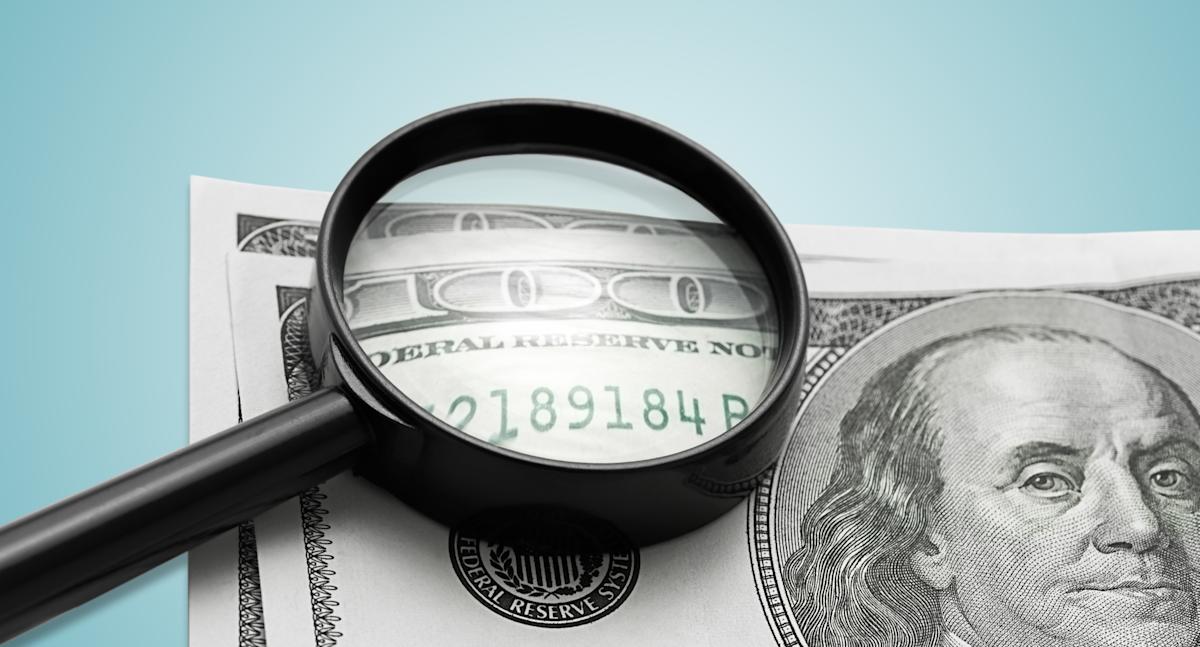How to find ‘missing’ bank accounts in your name
It might sound surprising, but many people have money sitting in bank accounts that they’ve long since forgotten. Old checking or savings accounts can slip through the cracks after a move, a career change, or even when a bank merges with another financial institution.
According to the National Association of Unclaimed Property Administrators (NAUPA), states throughout the country return billions of dollars in unclaimed funds to their rightful owners every year.
If you think you might have unclaimed accounts, or if you simply want to double-check the possibility, there are clear steps you can take to track them down. Finding those accounts can help you reclaim funds you didn’t realize you still owned. Here’s what you need to know.
Life gets busy, and it’s not uncommon to lose track of a bank account. A few of the most common reasons someone might forget about a deposit account in their name include:
-
Moves or address changes: You might open a new bank account but forget to close your old account with your former financial institution.
-
Promotional or secondary accounts: In some cases, you might open a new bank account to earn a bonus or promotion and stop using it afterward.
-
Inheritance: Family members might leave behind accounts that their heirs don’t know exist.
-
Bank closures or mergers: Banks sometimes merge with other financial institutions — and in rare cases, banks may fail. You won’t lose your money in either of these scenarios, but if you don’t take action, it’s possible to lose track of your cash.
Even a small oversight, such as not cashing a refund check tied to an old account, may eventually result in the money being classified as “unclaimed property.” That’s why it’s important to stay alert and keep track of your accounts so you don’t lose out on money that belongs to you.
Read more: You might be missing money — here’s how to find and claim it
If your bank account remains inactive for a few years (typically three to five), state law often requires the bank to transfer the remaining balance in the account to the state. This process is called escheatment.
The good news is that even if your bank declares a forgotten account inactive and transfers leftover funds to the state, your cash doesn’t simply disappear. States hold on to unclaimed property indefinitely. They also maintain searchable databases so owners or their heirs can claim property that rightfully belongs to them.
There are several legitimate ways you can search for old or forgotten bank accounts. The steps below are typically a good place to start.
If a bank where you once had an account has closed or merged with another financial institution, you can also use the FDIC’s BankFind Suite to identify the new bank that may still hold your funds. The FDIC also provides an Unclaimed Funds search tool you can use to locate and claim any cash that might have been left behind in a closed bank.
Read more: What is the FDIC, and how does it work?
Every U.S. state (plus the District of Columbia) has an official unclaimed property website. Start your search with your current state, then search any other states where you’ve lived, worked, or attended school.
The easiest starting point is typically Unclaimed.org, the official website of the National Association of Unclaimed Property Administrators. From this website, you can find links to each state’s database, plus a national database to search for unclaimed property.
If you suspect an old bank account might still be active, it’s probably smart to reach out to the financial institution directly. Call the bank’s customer service department or start an online chat, depending on your preferences.
Be ready to provide your account number, Social Security number, address (or former address), and other identifying details. If the bank has already closed the account and transferred it to the state, the customer service representative should provide information about where to file a claim.
Scammers often target people who are searching for unclaimed money. Some fraudsters may charge unnecessary fees to “find” your missing cash. Others may simply try to steal your personal information by tricking you into sharing your personal details on a fraudulent website.
You can protect yourself from these types of scams with the following tips:
-
Use only official websites ending in .gov or .org to search for unclaimed property.
-
Never pay a fee to search for or claim your own funds.
-
Don’t share personal information in response to unsolicited calls or emails — not even if they appear to be from a legitimate source like a bank or government agency.
Forgetting about an old bank account isn’t as rare as you might think. But if you make this mistake, the good news is your money won’t vanish. A few key searches (starting with your state’s unclaimed property database, the FDIC, and direct contact with your former banks) can often help you track down forgotten cash and reclaim money that belongs to you.
Taking the time to look for forgotten bank accounts could reunite you with funds you didn’t realize were missing. These searches take a little effort, but the exercise can help you keep your finances in order. Plus, you might get lucky and find a little extra money in the process.



Leave a Comment
Your email address will not be published. Required fields are marked *